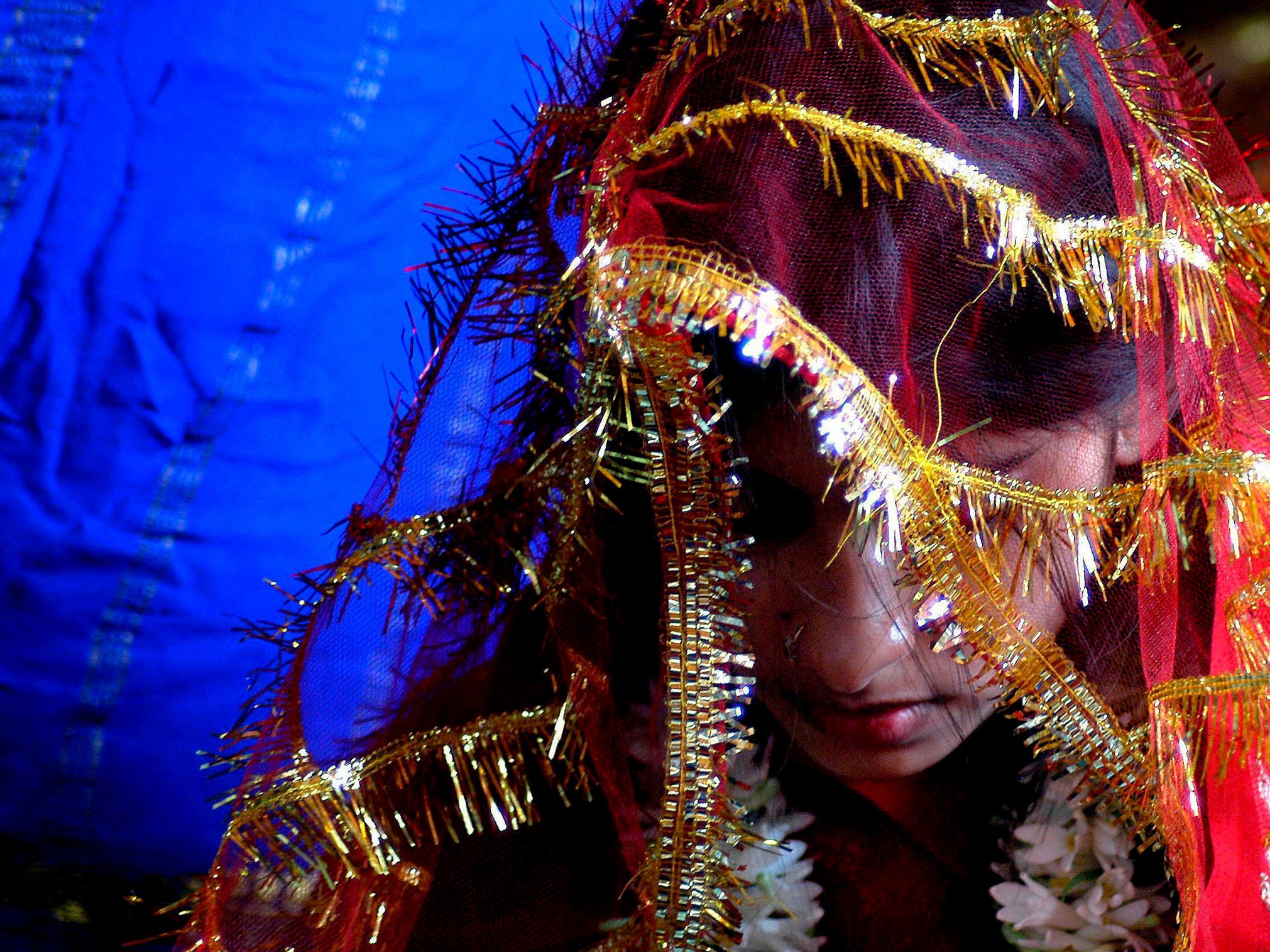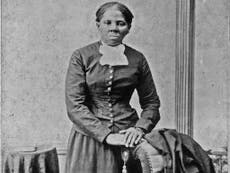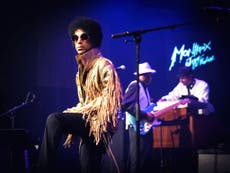Forced marriage still happens in the UK because police are scared of being called racist for fighting honour abuse
The answer to tackling honour abuse lies in forcefully entering ghettoised, backward communities

When I was seven, I travelled to Bangladesh. My father said it would be the first time I would experience his nation and his heritage. It was also the first time I experienced something else: witnessing a girl aged just 17 being forced to marry.
Forced marriage is a horrid custom, entirely different to arranged marriage, which relies on relatives introducing you to potential partners – a sort of vetted version of Tinder where you have the control to say yes or no. But for the young lady in Bangladesh, there was no control.
When the groom’s grainy black and white photo was circulated, I watched entranced as women and girls cackled. They jibed about his short, frail body and his thick glasses. I watched as the bride’s tears fell, silent screams of anger.
She would lambast anyone who mentioned the groom’s name. She told me she would never marry him, and I nodded. Sadly, she had no choice.
On the morning of her nuptials, she fainted. Water splashed on her as she was dragged to be showered. As her hair matted against her sweaty skin, she screamed: “I am an orphan without a father. That is why I am to be married to an ugly man."
Even I knew she was right. With no independent economic wealth, her only solution – in a poor nation with no child benefit or NHS – was a husband who could provide for her.
I recall suggesting that if the groom was weak-minded, maybe she could dominate and control him? The tears returned: “You have no idea how lucky you are, with your British status and father; you won’t ever suffer like me.” Her words have stayed with me forever.
Though here in the UK I have suffered the horrors of a misogynistic tribal community that devalues women, I have never faced a forced marriage. But it does happen, and to learn that only a fraction of investigations into forced marriage in the UK result in a prosecution angers me. As a society, we can do better – yet we do not.
It emerged last week that a schoolboy aged just eight is among those known by the authorities to be at risk of forced marriage. Yet in West Yorkshire, only five of 51 forced marriage cases investigated since June 2014 led to a charge. The same trend is evidence in the West Midlands, where 19 of 31 investigations did not led to a charge, eight because the victims did not want to see the investigation progressed further.
Forced marriage is just one of many strands of honour abuse which adult women and men, often born and bred in the UK, are still guilty of enforcing. Misogyny and patriarchy still power many families. Unmarried young men and women in UK will remain chattel, to be traded for economic advantage to poor relatives abroad who seek British passports or for social or business progress UK. It is child abuse; gender abuse; a violation of human rights.
There is also little support for victims after they report their experience to police. Reporting honour abuse can be lonely and isolating as hell. Charity support is an inefficient postcode lottery.
Low conviction rates are the result of timidity: police, local and national government fear accusations of ‘racism’ or of interfering in cultures. The answer to tackling forced marriage lies in forcefully entering ghettoised, backward communities – but with the help of progressive local community faith leaders.
They do exist. I know, as I met many volunteers within my own Muslim community last Sunday. We had gathered to discuss how we bring about change.
Religious infrastructures across the Hindu, Muslim and Sikh communities are poised to empower and educate, but they are not being supported by national government to do this. Rarely do faith leaders, powerful mentors or role models get the funding and support to reform their own communities.
The key lies in reporting abuse, and educating and supporting the fathers, uncles, mothers and aunts who make these abhorrent decisions. Once they are reformed, they can be sent in to communities to expel misogyny and promote individual empowerment from inside the religious community. The police and government need to help them to do that, not shy away from the problem for fear of cultural offence.


Join our commenting forum
Join thought-provoking conversations, follow other Independent readers and see their replies